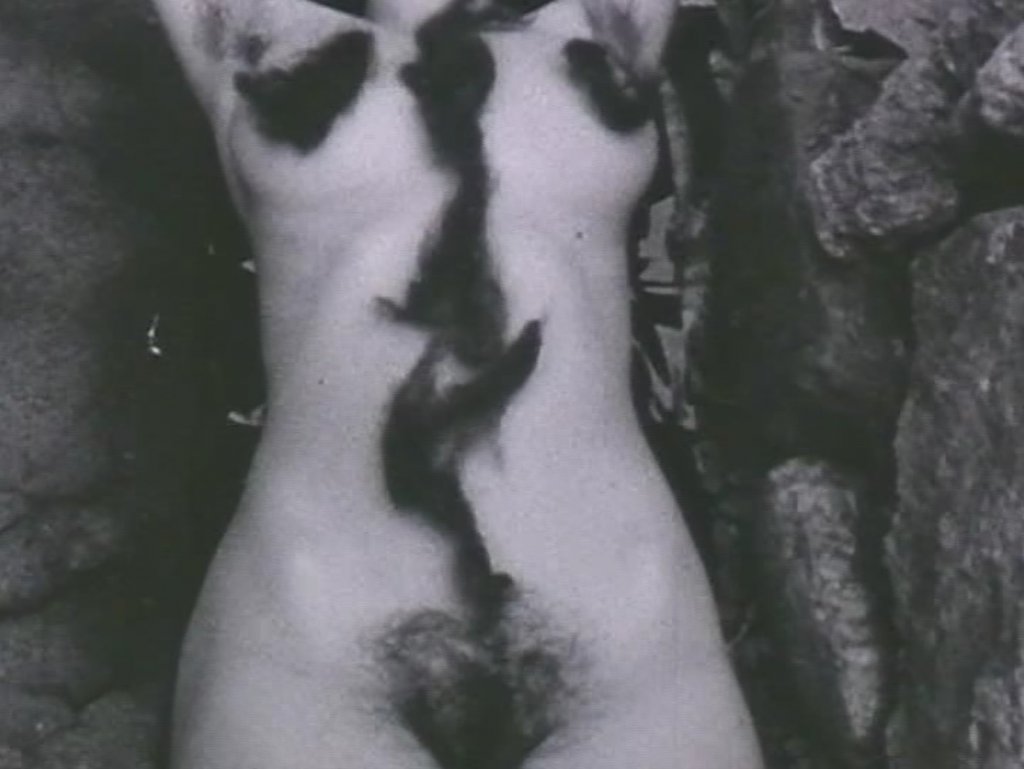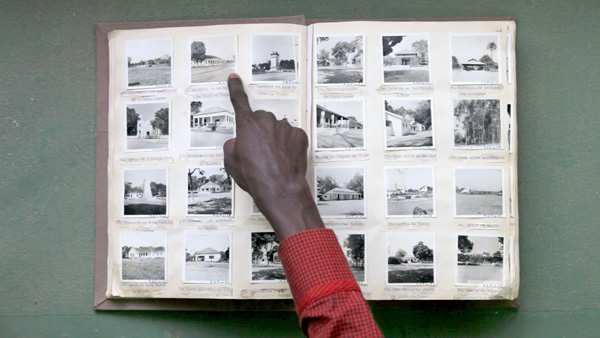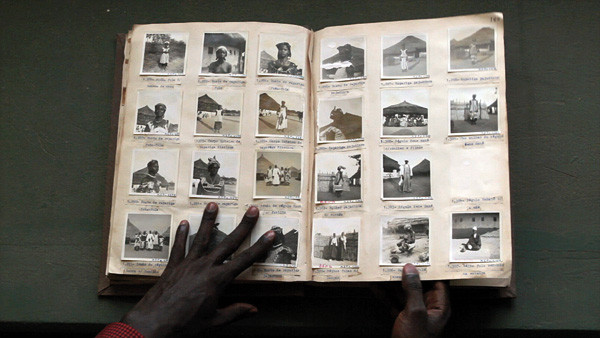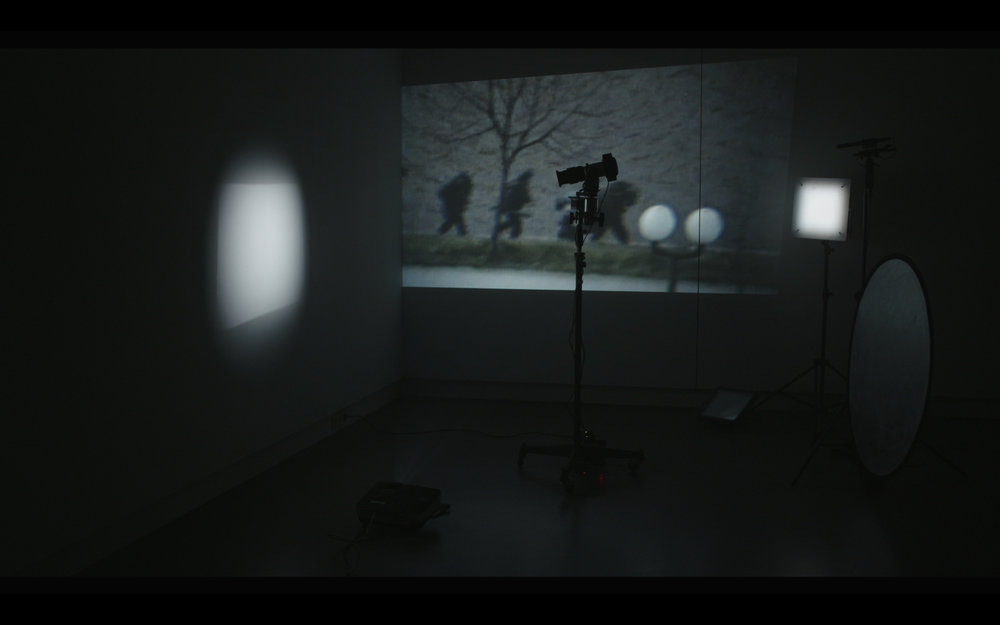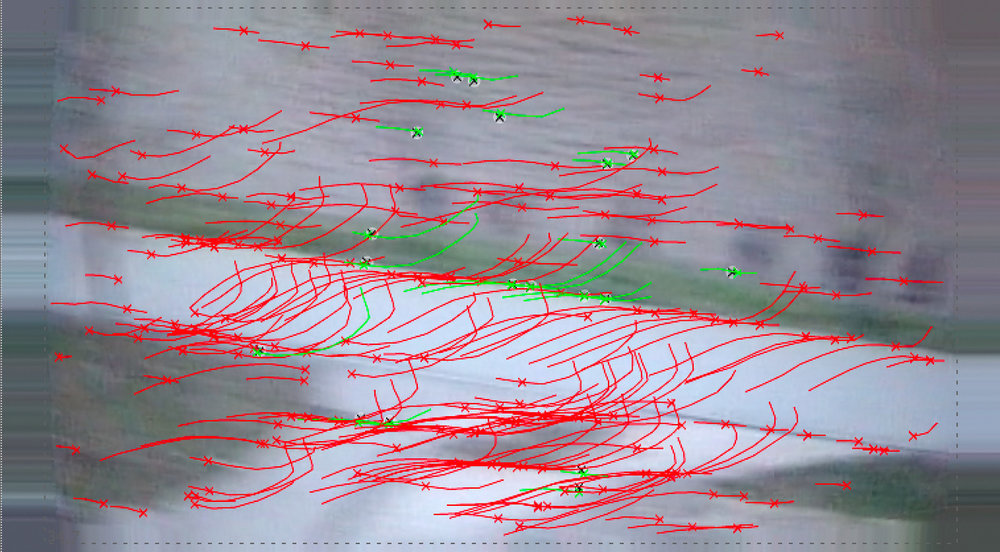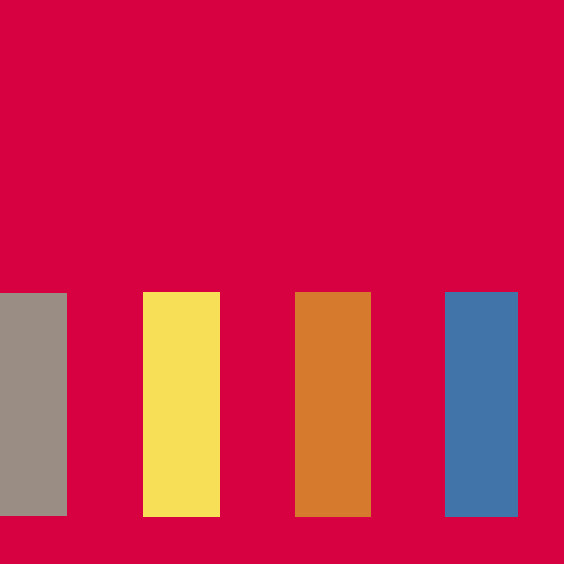Exhibition | MEMORY AS A FLICKER
The authority of traditional archives regulates and controls history’s reproduction and defines cultural and collective memory. Archives arrange, classify, pass down, generate knowledge and establish the way in which everyone speaks about the past. We are about the points where these operating principles break open or are affirmed with a subversive intention, where seemingly known things are told or restaged in a new way. The artists taking part in the exhibition work in an associative field of narration, politics of memory and processes of identity formation. Their diverse artistic methods appropriate content of existing archives, revise it, deconstruct it or relate it to their own material, thereby filling the gaps which are produced by archives’ constitutive exclusion mechanisms.
Filipa César for example refers to the Portuguese colonial power’s occupation of Guinea-Bissau and, indirectly, to the war which ended it, saturated with violence, lasting eleven years (1963-1974). Within a much larger project, in which César deals with the revolutionary and inflammatory practice of film making in Guinea-Bissau, THE EMBASSY developed, which shows a photo album from a national archive. This album, filmed in a one take shot with fixed camera, is flicked through and commented on. Armando Lona, journalist and archivist, establishes the connection between past – the point of view, the photo inventory and the order of the colonialists – and present of the west African state.
CAN’T YOU SEE THEM? – REPEAT is the result of long-time research in and artistic involvement with the Library Hamdija Kresevljakovic – Video Archive, a collection of private videos produced during the siege of Sarajevo (1992-1995) showing the internal perspective of the then trapped inhabitants. Basis of Clarissa Thieme’s installation is the recording of stooped paramilitaries seeking the protection of a dam. The filming person is seized by the situation’s threat, his or her hand is not able to work steadily. Thieme tracked the shaking motion, which hardly catches the events taking place in front of the camera, and fed the gained data into a motion-control system. This system allows for a projector installed on a tripod to exactly carry out the original movement. Solely, the image is without content, the feeling abstracted and translated into pure motion.
Furthermore, we want to present methods and contents of existing archives as institutional practices of “Becoming-Archives“: ex.oriente.lux by Claus Löser and Karin Fritsche (21 April at 7 pm) as well as re.act.feminism (18 April at 9.30 pm). These and additional examples of engaged, critical and activist archival work, alongside the positions shown in the exhibition, serve as point of departure for our panel discussion at 20 April at 6 pm. Moderated by film critic Dennis Vetter, film historian Heide Schlüpmann, media professor Simon Rothöhler and filmmaker Gabriele Stötzer discuss the aspects of an “Archival work from below“. What kind of importance can be attributed to such counter-archives? In what sense can conservation and preservation of material and the concurrent wish for public accessibility and processuality be thought together and in what ways can they complement each other? How can archival practice become a possibility of initiating a dialogue? What factors allow an archive to be thought of as a continuous motion that not only drafts narratives retrospectively and enshrines history, but holds a potential for shaping the present?
Exhibition: 18 – 21 April – Schaubühne Lindenfels – Free entrance
| Thu, 18.4 Schaubühne | |
| 6 PM | Opening of Exhibition |
| until 12 PM | Exhibition |
| 7 PM | Lecture-Performance by Nadia Tsulukidze Big Bang Backwards 2018, 50’, in englischer Sprache |
| 8:30 PM | re.act.feminism #2 – a performing archive, 2011-2014 Lecture by Beatrice Ellen Stammer on the “wandering archive” re.act.feminism (in German) |
| Fri, 19.4 Schaubühne | |
| 4 – 12 PM | Exhibition |
| 7 PM | Lecture by Natascha Frankenberg Watermelon Woman |
| Sat, 20.4 Schaubühne | |
| 4 – 12 PM | Exhibition |
| 6 PM | Panel Discussion |
| Sun, 21.4 Schaubühne | |
| 4 – 12 PM | Exhibition |
| 5 PM | Gabriele Stötzer and Claus Löser in Conversation |
Works i.a.
18 April, Opening at 6 pm
19 – 21 April, from 4 to 12 pm
BIG BANG BACKWARDS
Lecture-Performance / Video | Nadia Tsulukidze, 2018, 50′
THE EMBASSY
Video | Filipa César, 2012, 37′
CAN’T YOU SEE THEM? – REPEAT.
Installation with film (8′) / light projecting motion-control-system „CYST“ / Alu Dibon photo print | Clarissa Thieme, 2019
STAATSBEGRÄBNIS I
Radio play | German language, Ludwig Harig, 1969, 64′
TRISAL (and additional works)
Video | Gabriele Stötzer, 1986, 20′
GEMEINSAM UNERTRÄGLICH – EIN DOKUMENTARISCHES MOSAIK
Radio play | German language, Ernest Ah, Sabrina Saase and Lee Stevens from Kollektiv der Raumerweiterungshalle, 2018, 60′

